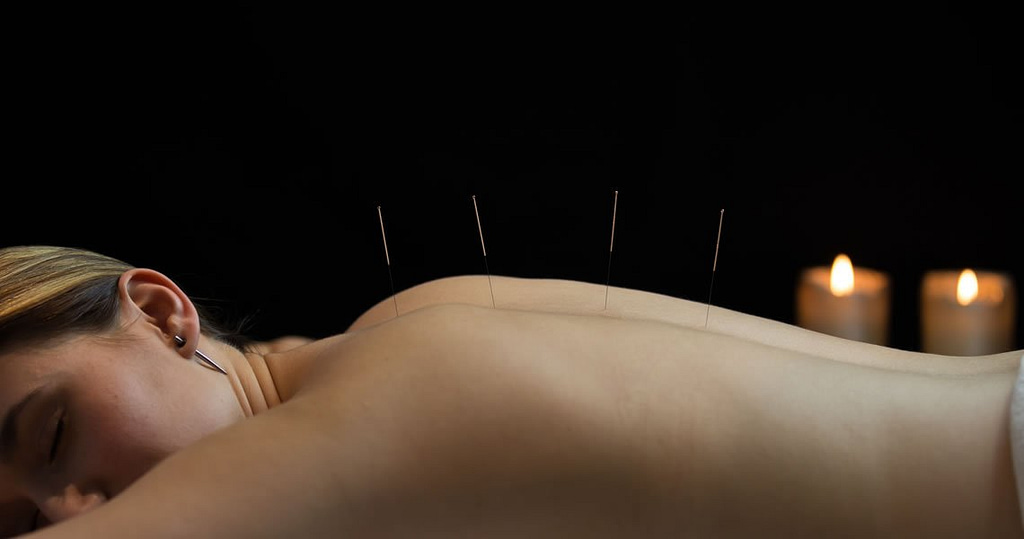Chinese Herbal Medicine
Chinese herbal medicine is an ancient system of healthcare that has been practiced for thousands of years. It is a key component of Traditional Chinese Medicine (TCM) and is used to treat a wide range of health conditions. Chinese herbal medicine utilizes natural plant, animal, and mineral substances to promote health and balance within the body.
The history of Chinese herbal medicine can be traced back to the Shennong Bencao Jing, or The Divine Farmer’s Materia Medica, which is believed to have been written around 300 BCE. This text is considered the oldest known Chinese pharmacological work and contains descriptions of over 360 medicinal substances.
Chinese herbal medicine is based on the concept of Qi, or vital energy, which flows through the body along meridians or channels. In TCM, illness is believed to be caused by an imbalance or blockage in the flow of Qi. Chinese herbal medicine aims to restore balance and harmony to the body by addressing the underlying causes of illness.
Chinese herbal medicine utilizes a combination of herbs to create a customized treatment plan for each individual patient. The herbs used in Chinese herbal medicine are classified based on their energetic properties and their effects on specific organs and systems in the body.

Chinese herbal medicine is often used to treat a wide range of conditions, including:
- Respiratory Disorders – Many Chinese herbs have been used for centuries to treat respiratory disorders such as asthma, bronchitis, and coughs. For example, Ma Huang (Ephedra) has been used to treat asthma and lung conditions for over 2000 years.
- Digestive Disorders – Chinese herbal medicine can be used to treat a variety of digestive disorders, such as indigestion, bloating, and constipation. Herbs such as Zhi Shi (Immature Bitter Orange) and Da Huang (Rhubarb) are commonly used in TCM to improve digestion and relieve constipation.
- Skin Disorders – Chinese herbal medicine can be effective in treating skin disorders such as acne, eczema, and psoriasis. Herbs such as Huang Qin (Scutellaria) and Zi Cao (Lithospermum) have anti-inflammatory and antimicrobial properties that can help to clear up skin conditions.
- Cardiovascular Disorders – Chinese herbal medicine can also be used to treat cardiovascular disorders such as high blood pressure, high cholesterol, and coronary heart disease. Herbs such as Dan Shen (Salvia) and Shan Zha (Hawthorn) are commonly used in TCM to improve blood circulation and reduce the risk of heart disease.
- Women’s Health – Chinese herbal medicine can be effective in treating a variety of women’s health issues, such as menstrual disorders, infertility, and menopausal symptoms. Herbs such as Dang Gui (Angelica sinensis) and Bai Shao (White Peony) are commonly used to regulate the menstrual cycle and relieve symptoms associated with menopause.
Chinese herbal medicine is generally considered safe when prescribed and administered by a qualified practitioner. However, it is important to note that some herbs may interact with medications or may not be safe for certain individuals. It is important to consult with a qualified practitioner before using Chinese herbal medicine.
In addition to herbal remedies, Chinese herbal medicine may also include dietary recommendations, lifestyle modifications, and other TCM modalities such as acupuncture and massage. Chinese herbal medicine is a holistic approach to healthcare that seeks to treat the whole person, not just the symptoms of illness.
Research has shown that Chinese herbal medicine can be effective for a wide range of health conditions. For example, a systematic review published in the Cochrane Database of Systematic Reviews found that Chinese herbal medicine may be effective for treating chronic hepatitis B virus infection. Another study published in the Journal of Ethnopharmacology found that a Chinese herbal formula was effective for reducing symptoms of menopausal hot flashes.
Chinese herbal medicine is a complex and sophisticated system of healthcare that has been refined and perfected over thousands of years. It offers a natural and holistic approach to healthcare that can be effective for a wide range of health conditions. If you are interested in learning more about Chinese herbal medicine, consult with one of our qualified practitioner to determine if it may be appropriate for you.





